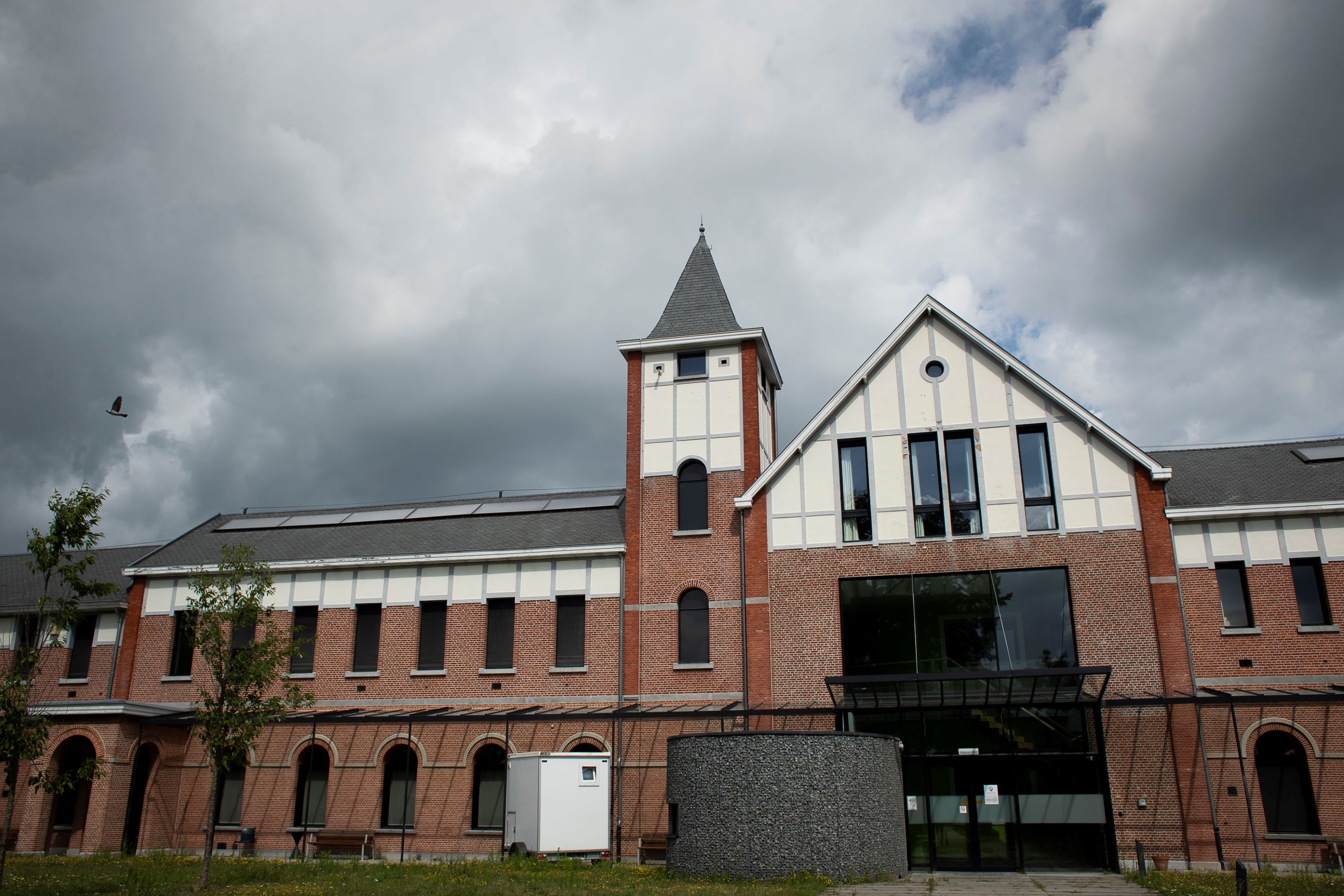Unesco recognition for community healthcare and traditional irrigation

Unesco has recognised two Belgian practices at its Intergovernmental Committee for the Protection of Intangible Cultural Heritage in Botswana: community mental healthcare in Geel and traditional irrigation in Lommel.
Community nursing in the city in Antwerp province is a special psychiatric care model in which families take in a person with a mental vulnerability. What makes it remarkable is its emphasis on inclusion, participation, community living and removing the stigma surrounding mental illness.
The model’s history goes back to the Middle Ages and has its origins in the veneration of Saint Dymphna. In the 19th century, developments in psychiatry saw it evolve from a religious to a medical model. Today, some 120 families – screened and supported by healthcare services – take in people with mental illness for short or long periods of time.
"It is a cost-effective mental health service which ensures healthy lives and promotes wellbeing for all at all ages"
“It is an inexpensive model that leverages existing community assets and generates strong health outcomes for the mentally ill,” Unesco says. “It is a cost-effective mental health service which ensures healthy lives and promotes wellbeing for all at all ages.” The practice has been added to the Register of Good Safeguarding Practices.
Traditional irrigation in Lommel, meanwhile, has been added to Unesco’s list of the Intangible Cultural Heritage of Humanity.
The practice is a form of agricultural irrigation that uses gravity and hand-built constructions such as channels and ditches to distribute water from springs, streams and glaciers to fields. Practitioners choose specific days and periods to divert the water, and the beginning and end of the watering season are often accompanied by social gatherings.
Diversity of cultural heritage
The nomination for recognition came from seven countries: Belgium, Austria, Germany, Italy, Luxembourg, the Netherlands and Switzerland. Belgium was represented by Lommel in Limburg.
“I am extremely proud of these Unesco recognitions,” said Flemish Culture minister Jan Jambon.
“We're hereby highlighting the rich diversity of our intangible cultural heritage worldwide. The recognitions underline the importance of cooperation and knowledge sharing. In addition, it shows that contemporary themes such as inclusion and sustainability can go hand in hand with heritage."
#FlandersNewsService | Illustration picture shows the public psychiatric care centre in Geel © PHOTO BELGA PHOTO KRISTOF VAN ACCOM
Related news

